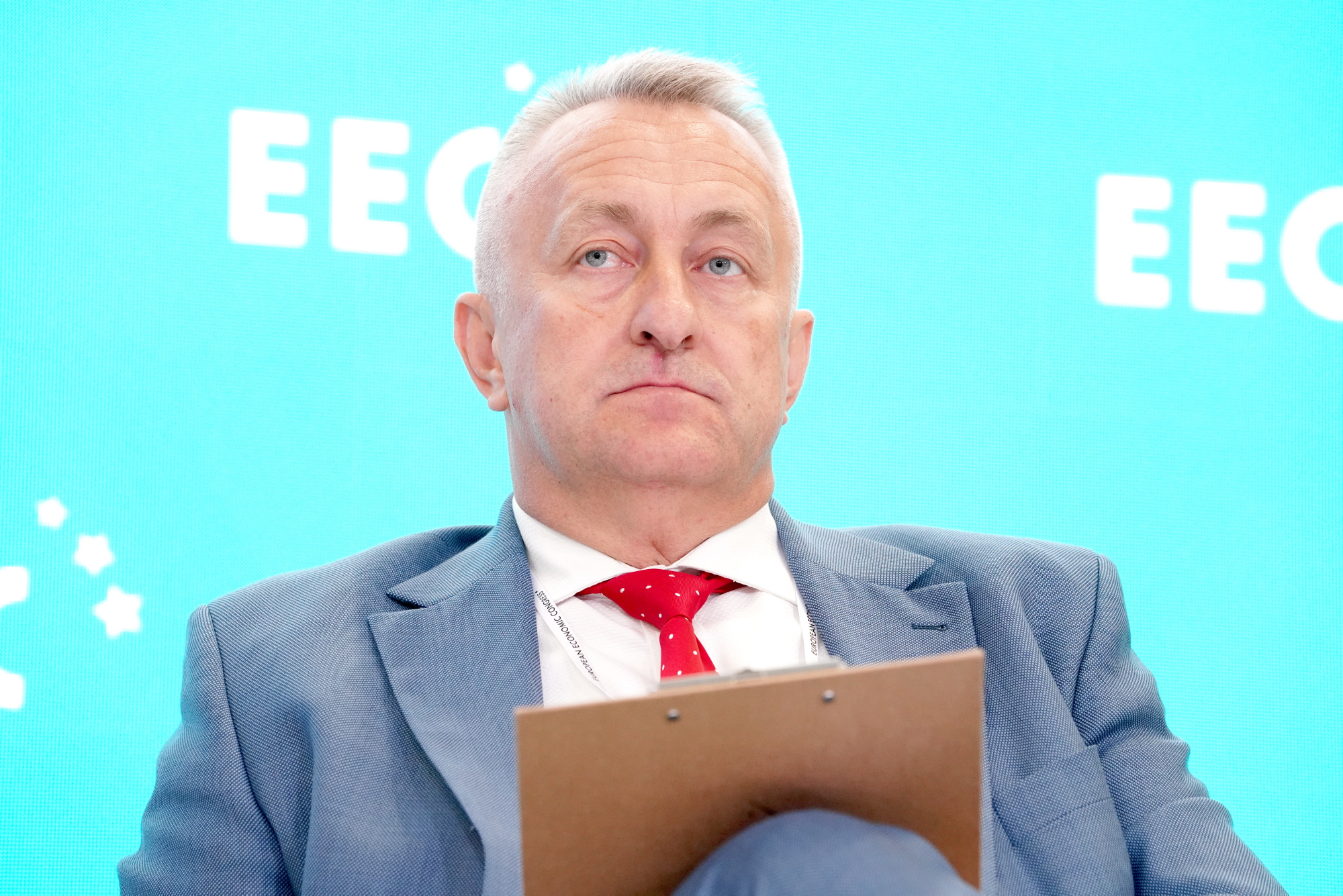Ministry of Digital Affairs announces regulations promoting Polish companies at EEC

- Digital sovereignty is a strategic issue today – Poland must decide whether it wants to control its data and technologies or hand them over to foreign suppliers – this is one of the conclusions of the "Data Centers" panel at EEC 2025 in Katowice.
- Poland has the potential to become a regional data centre hub thanks to its location, IT competences and relatively low costs – but a coherent strategy and support for domestic companies are needed.
- Decisions made today will define the future of the data market – the role of the public sector, energy efficiency and the development of local cloud solutions will be key.
Poland is facing a breakthrough moment in terms of digitalization and development of data infrastructure - the panelists had no doubts during the "Data Centers" discussion at EEC 2025.
Wiesław Wilk, chairman of the Polska Chmura association, emphasized that processing key data outside the country's borders is a real renunciation of sovereignty. In his opinion, such a decision is not only a technological issue, but also a strategic and political one. - This is the brutal truth about data processing - he said and convinced that Poland has a breakthrough year ahead , because it will have to decide which model to choose when transferring public administration to cloud services.
Tomasz Sobol (OVH Cloud) pointed out that having your own data centers and computing power is a condition for state autonomy . He gave the example of France, which has opted for a model based on local suppliers and data centers created specifically for state needs in its state systems.

The panelists presented a number of recommendations regarding the data processing sector. Deputy Minister in the Ministry of Digital Affairs Rafał Rosiński argued that Poland should build a position as a regional data center due to its convenient geographic location, developed IT sector and high digital competences, as well as still competitive labor costs.
Max Dropiński from the Atlas Ward group emphasized the importance of developing the entire economic ecosystem around data centers – from AI to supporting services. According to the estimates he cited , this could generate up to 100,000 jobs in Poland.
He also drew attention to the need to involve companies with Polish capital in the construction of new centres. This will also help build an ecosystem. Dropiński also appealed for the preparation of a coherent strategy for Poland, which would allow for the optimisation of the location of various services, e.g. building data centres where their cooling will be cheaper.

Marek Magryś (ACK Cyfronet AGH) pointed out, however, that data centers require more and more energy.
For some countries this is already a big barrier. Ireland has announced that it will stop all investment projects in data centers because they have no energy left. 30% of the energy produced in Ireland is currently consumed by data centers.
The director of Cyfronet AGH, however, argued that Poland can gain an advantage by becoming a leader in energy efficiency of data centers. - We can use the specificity of the European market to show the rest of the world how to make data centers more cleverly and, as a result, on the one hand, reduce the price of the services we provide, and on the other, take care of the environment - he argued.

Ignacy Święcicki from the Polish Economic Institute wondered, however, whether it would not be worth investing in computing power located in other EU countries. For example, in Nordic countries, where cooling them is much cheaper.
In order for there to be supply, there needs to be demand for data centersAccording to the panelists, the development of data processing services will be possible if Poland manages to generate domestic demand for it. Today, cloud adoption in the public sector is not yet widespread – which, according to Wiesław Wilk, is a great opportunity, but also a threat. It is up to state decisions whether the market will be developed by Polish suppliers or given to foreign players.
The panelists suggested that Poland should implement regulations favoring domestic companies, especially in the public sector. Such actions were announced by Deputy Minister Rosiński.
We want to create regulations that will promote Polish companies. The public sector is to benefit from them - he noted.
Rafał Rosiński pointed out that the project of building the National Data Processing Centre, which is to guarantee security for the public sector, should be completed by the end of the term.

Magryś pointed out that young people often too easily consider the dominance of Big Tech as unquestionable. Meanwhile, Poland can be a country where innovative models are created - if there is appropriate education and support.
wnp.pl





